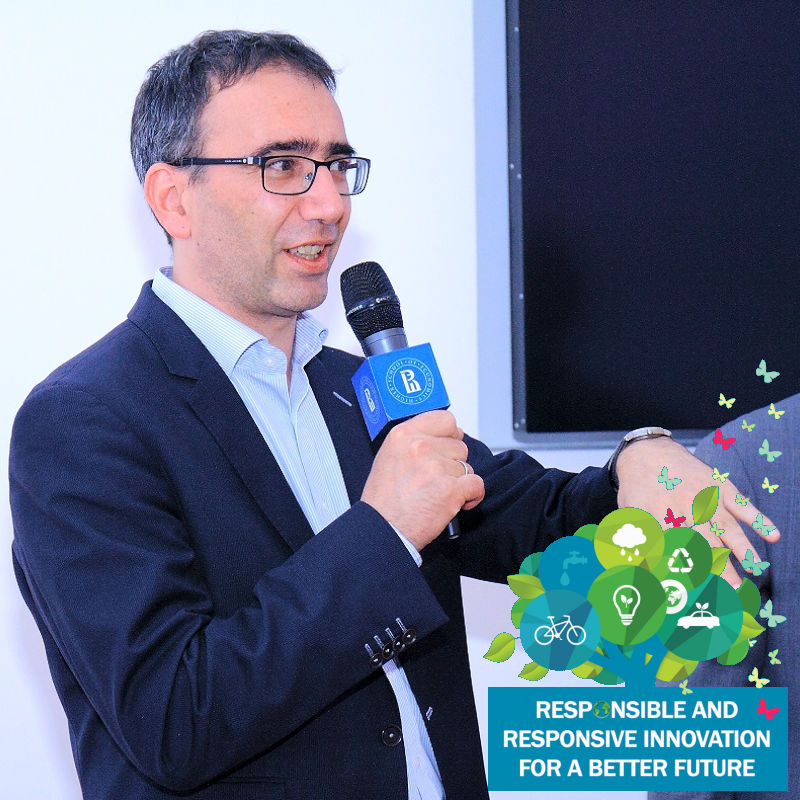Entrepreneurial Ecosystems
Traditionally, Entrepreneurial Ecosystems (EE) are considered as specific to a particular geographic region or city. Examples include: the Silicon Valley which emerged around the universities and companies on the USA west coast; Silicon Fen, a high-tech cluster around Cambridge, UK; and the Food Valley, a region in the Netherlands where international food companies, research institutes, and Wageningen University are concentrated.
A particular set of capabilities attract individuals and organisations and an ecosystem emerges that benefits from shared resources, networks, knowledge spillovers, local endowments and support from institutions and policy.
Entrepreneurial Ecosystems may involve the interactions between:
- entrepreneurial actors (incubators, accelerators and other support systems)
- resource providers (investors, universities)
- connectors (business and sectoral associations)
- entrepreneurial culture.
Orchestration is used to describe the management or coordination of the ecosystem by a facilitator – which can be an informal role that develops as the ecosystem evolves or a contractual role that is used to accelerate its growth.
Impact of digitalisation
However, the growth of digital platforms – digital infrastructures that help to coordinate interactions between the actors – means that the need to be geographically co-located has become less crucial and this is creating the opportunity for looser more dispersed ecosystems.
The interactions between the actors and the impacts of digital technologies has created a rich seam of exploration for successive R&D Management Conferences.
Entrepreneurial Ecosystems in the literature
Paavo Ritala, co-editor of the R&D Management journal, sponsors of the conference, comments:
“Some interesting recent contributions in R&D Management relate to the role of the entrepreneurial ecosystem (Buratti et al., 2022) and innovation ecosystems (Wikhamn and Styhre, 2023), along with studies examining complementary innovation and generativity (appeal to younger generations) afforded by digital platforms (Hilbolling et al., 2020).
“Orchestration can be seen as a contemporary mode of coordination that is increasingly needed to complement the classic contractual R&D and innovation networks.
“Additionally, platforms and ecosystems are driving change in another classic topic in R&D Management – business model innovation (see, e.g., Schmidt and van der Sijde, 2022; Schneckenberg et al., 2022).”
R&D Management featured the latest thinking in a Special Issue: The Role of Entrepreneurial Ecosystems in Technological and Social Challenges, September 2023
R&D Management Conference
Entrepreneurial Ecosystems are a key theme in the conference.
For 2024 the section is called Ecosystems alliances and collaborations – we have featured interviews with some of the track chairs (see posts below)





















